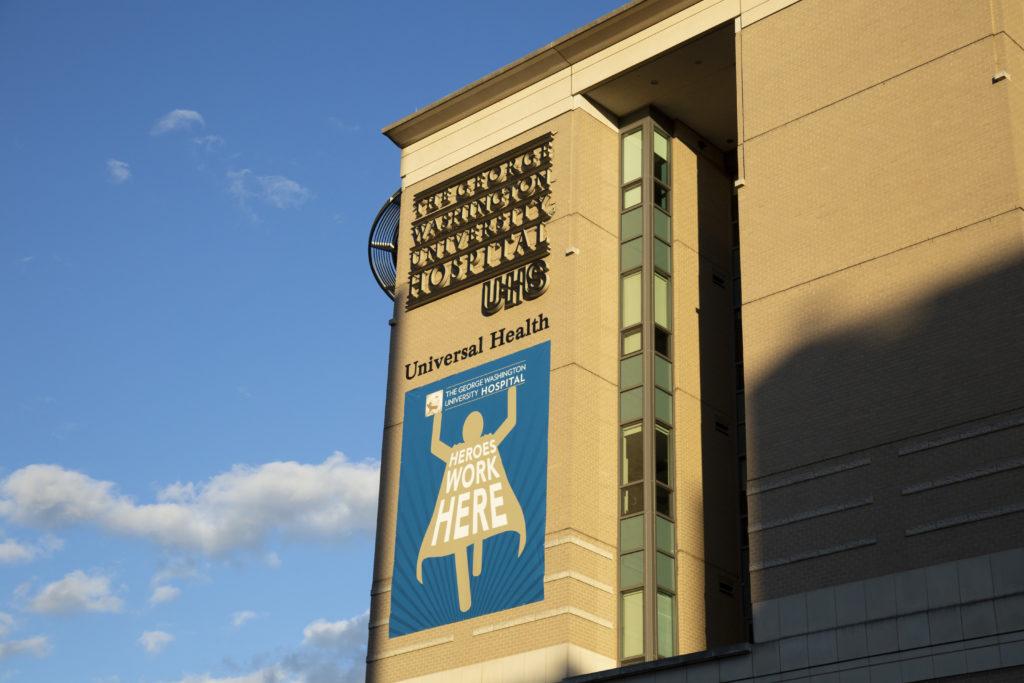A panel of federal judges struck down GW Hospital’s operator’s appeal for a sales tax refund after a Superior Court judge previously ruled the hospital was not entitled to reimbursement.
Officials from District Hospital Partners, which operates GW Hospital, requested a refund of nearly $1 million in sales tax from D.C.’s Office of Tax and Revenue in January 2020 because officials purchased “prepared meals” between April 2016 and July 2019 that DHP said they intended to resell, according to the ruling. A Superior Court judge dismissed DHP’s appeal of the sales tax charges, which typically do not apply to resold items, last January because hospital officials did not provide the seller with a certificate proving the purchases were going to be resold.
A GW Hospital spokesperson did not immediately return a request for comment.
DHP’s legal defense said hospital officials should receive a refund for $951,117 worth of purchases despite failing to provide the certificate verifying that they were for resale – as required by the D.C. Code – because the absence of a certificate does not convert resale purchases to “taxable events,” according to the ruling. Appeals Court Associate Judge Roy McLeese said he affirmed the Superior Court’s previous ruling that struck down the request because of DHP’s failure to provide the certificate.
“We are not persuaded by GWUH’s arguments,” McLeese states in the ruling.
McLeese said while GW Hospital officials argued the portion of the D.C. Code applicable to the dispute is a “remedial statute” that judges should construe broadly in favor of taxpayers seeking refunds, the Court sees “no such ambiguity” in the rule.
The judge states that hospital officials cite provisions of codes they claim supersede their need to file the resale certificate, focusing on the “substance” rather than the “form” of the transaction. But other parts of the code highlight the certificate rule’s importance, overriding any other measure inconsistent with it, the judge ruled.
“We decline to interpret the regulation in that fashion, however, because an arguable implication of a regulation cannot prevail over the plain language of a statute,” the ruling states.
The judge said GW Hospital officials argued the flat rule resulted in “double taxation” of the hospital and that the “ultimate consumers” of the prepared meals should have paid the sales tax, not them.
McLeese ruled DHS paid sales taxes only once, and that GW Hospital officials only had to pay said taxes because of their failure to comply with the required procedures.
“Requiring a contemporaneous resale certificate appears to us to be a reasonable approach to the problem potentially presented by trying to verify the purpose of numerous transactions entirely after the fact,” McLeese said.











